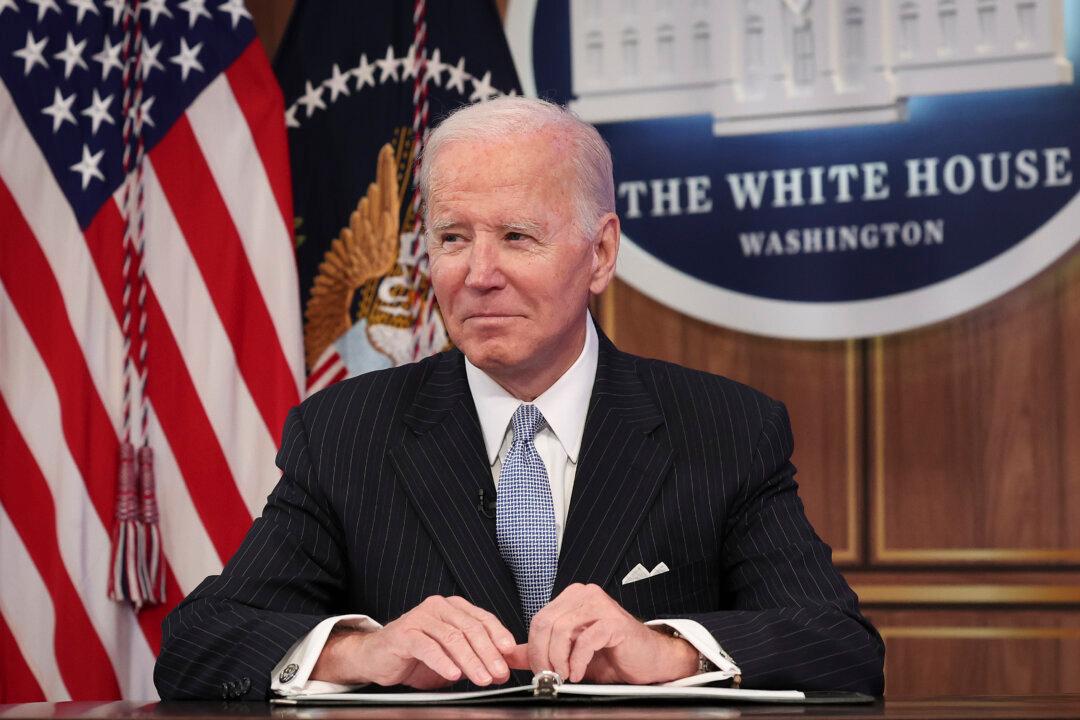Commentary
As if on cue, President Joe Biden asked the lame-duck Congress for yet another $47.7 billion supplemental spending package just as representatives and senators returned to Washington after the midterm elections.

As if on cue, President Joe Biden asked the lame-duck Congress for yet another $47.7 billion supplemental spending package just as representatives and senators returned to Washington after the midterm elections.